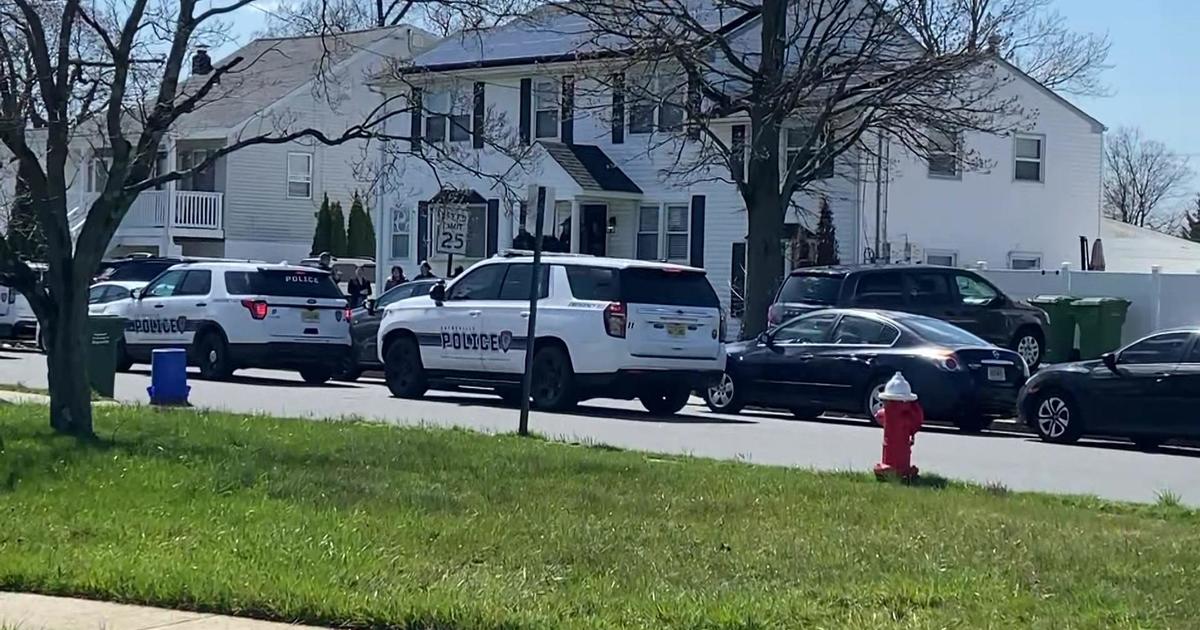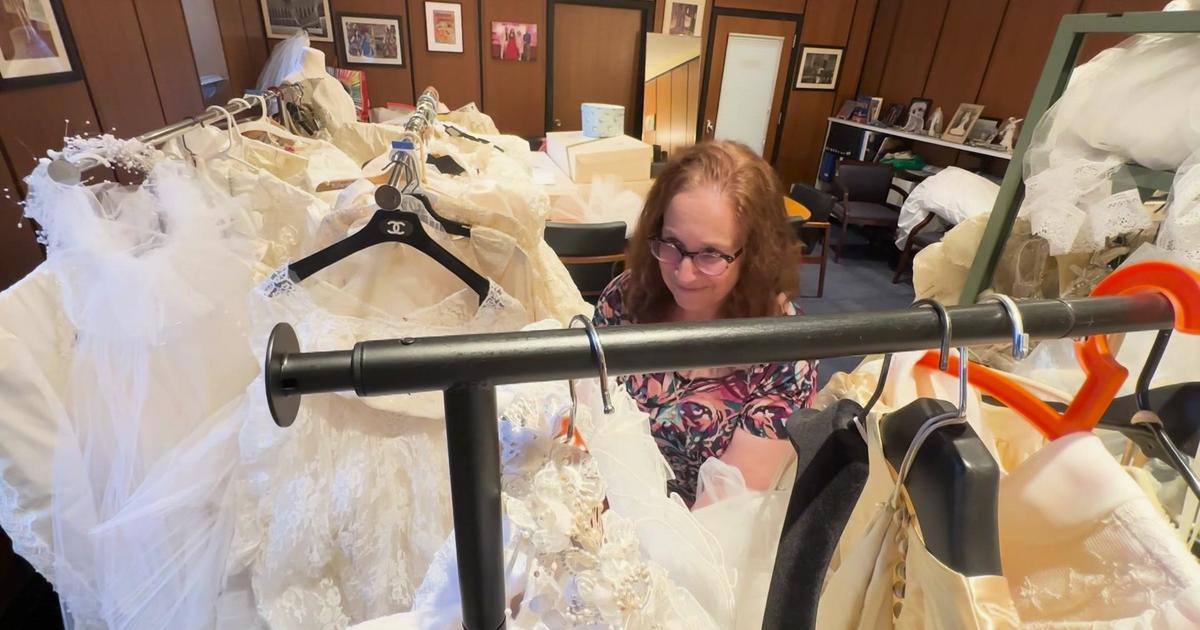New Guidelines May Mean Millions More Will Be Put On Blood Pressure Medication
NEW YORK (CBSNewYork) -- A major change is coming how doctors measure high blood pressure, and it means that millions more could be put on medication to control it.
CBS2's Dr. Max Gomez reported Monday on the just-released, stricter guidelines for high blood pressure.
"It's scary," said Brenda Reider.
Reider had high blood pressure until she lost weight and got off her pressure medication, but lately, her numbers have been creeping up.
The rise has not been dramatic, but it has been enough for concern.
"I'm back here today to find out I'm going back on the blood pressure medicine," Reider said.
It used to be that Reider might not have been considered hypertensive or a candidate for medication. The old guidelines said a patient did not have high blood pressure until either of their numbers reached 140 for the high number or 90 for the low.
Now, the new guidelines say hypertension starts at 130 for the systolic or high number, and over 80 for the low or diastolic number.
Dr. Valentin Fuster, the chair of cardiology at Mt. Sinai Health, showed CBS2's Gomez the studies that proved that even a 10-point drop can reduce heart attacks and strokes by two- to threefold.
"Any change that you do has tremendous implications," said Fuster, who is also the physician-in-chief at the Mount Sinai Medical Hospital
Implementing the new guidelines will also have some major implications for treatment.
"We're going to see more and more people put on blood pressure medication earlier on when their blood pressures are at lower numbers," Said Dr. Suzanne Steinbaum of Northwell Health Lenox Hill Hospital.
There are ways to lower your blood pressure and perhaps avoid medication. First, quit smoking, and also, drink less alcohol, lose weight, control your blood sugar, reduce stress, and exercise more.
Even so, many if not most people with what used to be called prehypertension will need medication, depending on their individual risk factors. But 30 percent of Americans with high blood pressure don't even know it.
"The greatest priority today is to go after the people and to know who has high blood pressure; who has not," Fuster said.
Just as bad, Fuster said many people taking medications for their blood pressure still do not get to the recommended numbers, so better action is needed there.
Steinbaum said another point in the guidelines is that people should take their blood pressure at home so they know what day-to-day numbers are – not just when they go to the doctor.



